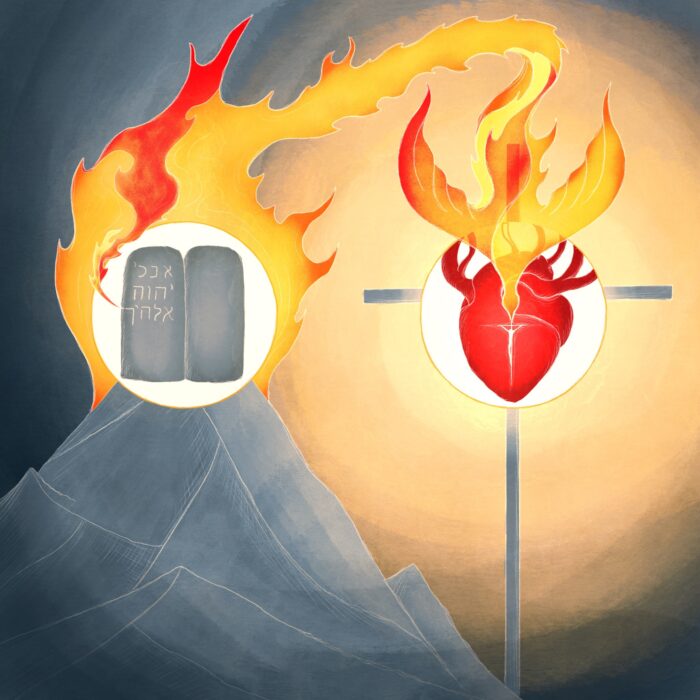
2 Corinthians 10:4-5, “For the weapons of our warfare are not of the flesh but have divine power to destroy strongholds. We destroy arguments and every lofty opinion raised against the knowledge of God, and take every thought captive to obey Christ.”
Strongholds seems to be a term Paul is using for any invisible opposition to the knowledge of and the submission to who God is as manifest in the person and work of Jesus Christ. The two specific examples Paul gives here are arguments and haughty opinions that raise themselves up against the knowledge of the glory of God in the face of Jesus Christ (2 Cor.4:6). A “stronghold,” then, is any way of thinking that is out of step with the beauty of the God whom we know with definitive clarity in gospel of the glory of His Son.
So, arguments, opinions, lifestyles, priorities, desires, goals, motives, etc. anything within the invisible self, anything within the mind and heart that opposes who God is in Christ and how we are to live as a result, that—Paul says—is a stronghold. And that is what the apostolic weapons of gospel proclamation and application are empowered to destroy.
It seems as if Paul envisions a two-fold work of stronghold destruction. First there is the initial demolition of the argument or opinion by the battering rams and artillery of truth. But then, once the fortress is torn down, the rebel thoughts who built and defended the fort must be captured and brought back to their rightful Lord, to Christ.
The word for “take captive” here is used both in the NT and OT of those who are “led away” as captives…the prisoners of a conquered territory. Paul seems to be presenting individual rebellious thoughts as enemy soldiers who build up strong holds of anti-Christ arguments and opinions in the mind. These are what must be individually “taken captive” and made to conform to the truth that is in Jesus….may it be so more and more for each of us–and may we each be in Christ-centered communities of faith where we can do this for one another!




